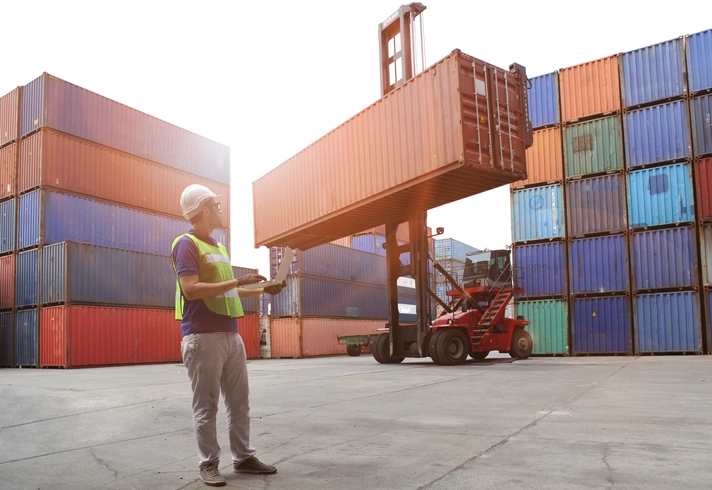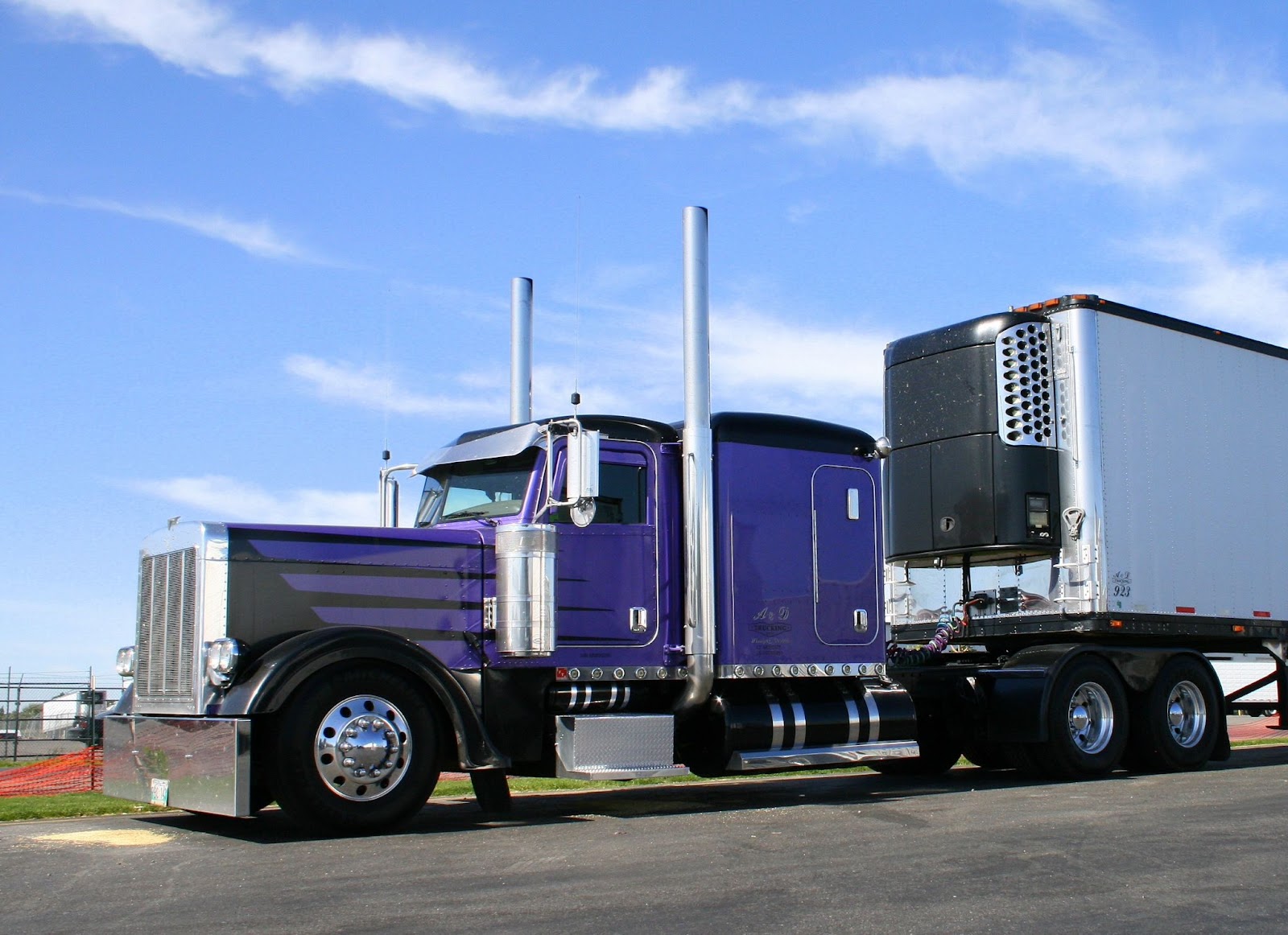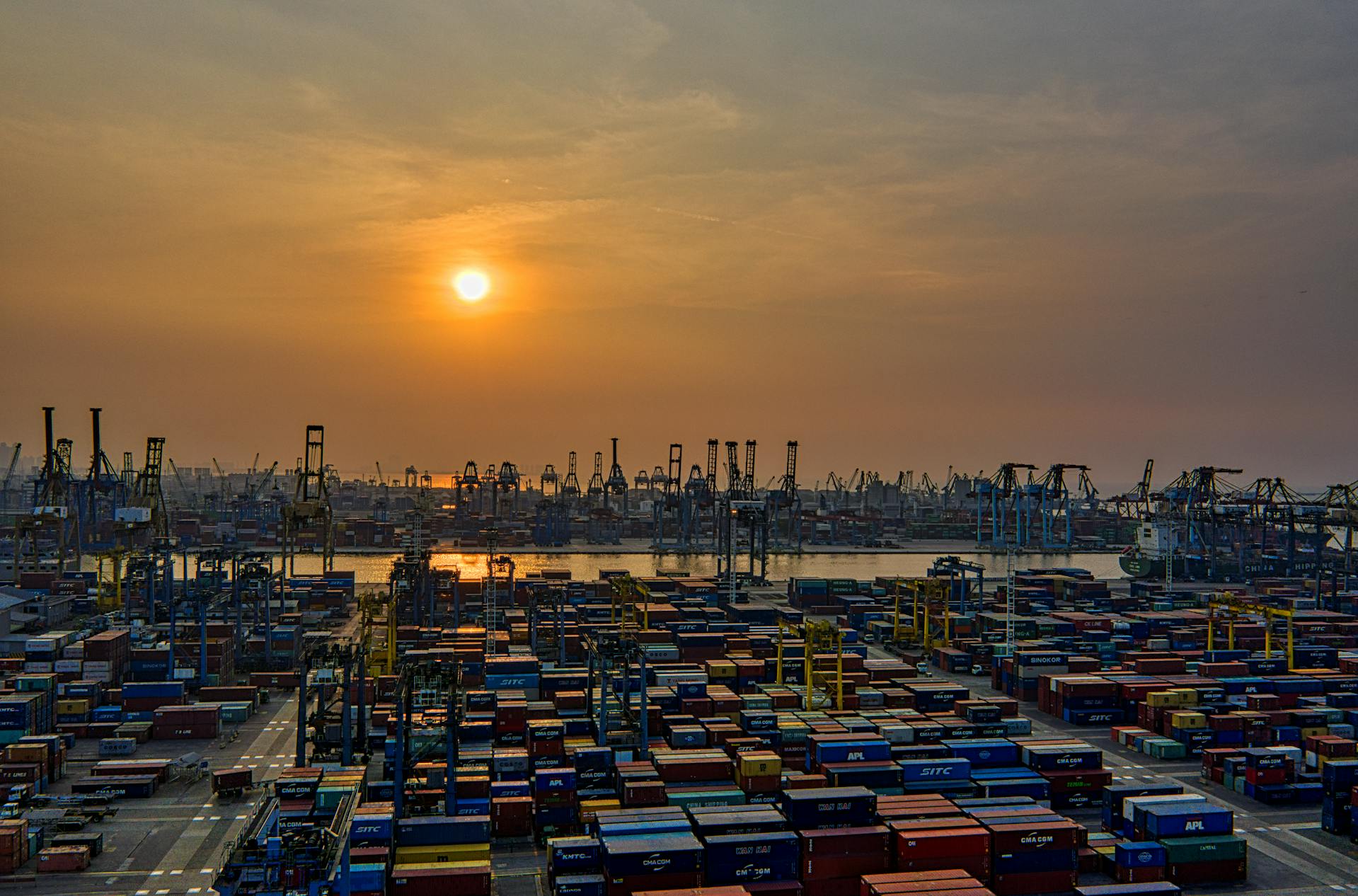Throughout the journey of your cargo, the exposure to potential risks leading to damage or complete loss of your shipment is undeniable. Imagine a scenario where a container ship carrying your goods sinks at sea, leaving the carrier’s liability insufficient to cover your freight’s full value. Similarly, an accident involving your truck not only results in the loss of the vehicle but also your valuable cargo.
This highlights the critical need for cargo insurance coverage in safeguarding against such eventualities. Acquiring freight coverage proves essential in safeguarding both time and finances in instances of cargo loss or damage. This article aims to delve into the realm of cargo insurance, elucidating its various types, extensive coverage, and associated benefits.
What exactly is Cargo Insurance?
Cargo insurance serves as a shield against financial setbacks arising from lost or damaged cargo, ensuring reimbursement for the insured amount in covered incidents affecting your freight. These incidents span natural disasters, vehicle accidents, cargo abandonment, customs refusal, acts of war, and piracy.
Distinguishing itself from carrier liability and standard insurance policies, cargo insurance typically originates from specialized cargo and freight insurance providers, freight forwarders, agents, and major brokerage firms. This type of cargo transportation insurance comprehensively addresses the vulnerabilities encountered in the logistics chain, ensuring adequate protection for your shipments.
What are the benefits of Cargo Insurance?
Cargo insurance serves as a critical safeguard against financial setbacks arising from damage or loss to your shipment. The premium investment offers peace of mind as your goods leave your warehouse, providing a range of business advantages:
- Protection of cash flow from unexpected interruptions
- Potential profit generation when covered within the policy
- Efficient claims processing due to professional services
- Simplified reporting, enhancing procedural efficiency
How much does cargo insurance cost?
Acquiring cargo insurance, even if not legally mandated, is often a wise decision due to the inherent risks involved in the freight’s journey. The transportation process involves multiple entities, ports, and external variables like weather and traffic, amplifying exposure to risks such as theft, loss, or damage.
While carriers may bear legal liability, their coverage often inadequately compensates for the value of commonly shipped goods. For instance, ocean freight carriers’ liability is capped at US$500 per package or the goods’ actual value, whichever is lower. Similarly, air freight carriers’ liability stands at only 19 SDR (~US$24) per kilogram. These limitations could result in significant financial losses without cargo insurance.
Exploring different types like all-risk cargo insurance might prove beneficial. Understanding your contract’s incoterms can also influence the need for insurance at specific shipping stages, potentially saving costs by purchasing insurance as per contractual requirements. To gauge the average cost of cargo insurance, consulting cargo insurance companies would provide more precise estimates.
Types of Cargo Insurance
Cargo insurance falls into distinct categories: land and marine, with the latter also covering air cargo.
Land cargo insurance safeguards goods transported by land, such as trucks and small utility vehicles. Its coverage encompasses theft, collision damages, and various risks inherent in land-based freight shipping, typically focusing on domestic cargo within a country’s borders.
In contrast, marine cargo insurance extends coverage to ocean and air freight, predominantly used in international shipping scenarios. This insurance shields against damages arising from loading/unloading, adverse weather conditions, piracy, and other hazards encountered by ships and airplanes during international transit.
For specific needs, there are options like single-trip cargo insurance for temporary coverage and international cargo insurance for broader coverage across borders.
There are various types of marine cargo insurance policies, each offering distinct advantages:
Open Coverage
This policy spans a specific period, usually a year, accommodating multiple shipments under one policy. It’s an effective risk management tool for frequent shippers and comes in two forms:
- Renewable: Can be renewed after each shipment, suitable for single trips or voyages.
- Permanent: Enforced for a defined period, permitting unlimited shipments within that timeframe.
Single Coverage
Also referred to as specific coverage, this policy ensures freight on a per-shipment basis. It’s tailored for businesses engaging in infrequent shipping practices.
Coverage Alternatives
In certain scenarios, the onus of insurance falls on the customer rather than the seller. If the customer receives damaged goods, they might evade responsibility by refusing the delivery. Seeking legal recourse is an option for the seller, but it’s a costly and potentially losing proposition.
To mitigate further losses, sellers often employ this type of policy, even if the customer neglects to insure the shipment. It proves cost-effective for the seller, who isn’t obliged to inform their customer about its implementation.
Comprehensive Coverage
This policy encompasses most causes of damaged or lost shipments, provided the goods are new and not inherently prone to spoilage, damage, or loss. Nevertheless, it excludes specific scenarios, namely:
- Damage or loss stemming from acts of nature (e.g., natural disasters)
- Loss or damage due to war, strikes, riots, or civil unrest (WSRCC)
- Negligence on the part of the importer/exporter
- Customs-related delays and rejections
- Unpaid goods, whether due to customer non-payment or the seller’s failure to collect payment.
Limited Liability
This category solely addresses substantial damage or loss to the cargo, except in cases where partial loss or damage results from specific incidents like stranding, sinking, burning, or collision. The shipper assumes liability for a significant portion of their shipment if damaged or lost.
It extends coverage to risks excluded in an all-risk policy, such as:
- Acts of nature
- Collisions
- Adverse weather conditions
- Sinking
- Derailment
- Theft
- Non-delivery of cargo
Shared Risk
This type, mandated for marine freight, solely covers partial losses of your shipment. It operates on the principle that all cargo owners on a ship must contribute to losses if some cargo is lost, jettisoned, or destroyed due to a sea-related issue. Even if your shipment survives, you still contribute to others’ losses.
Warehouse-Warehouse Coverage
This policy safeguards the freight once unloaded from the ship and in transit to the customer’s warehouse. It exclusively applies to your cargo, even if transported alongside other freight in the same truck.
What does cargo insurance not cover?
Cargo insurance fails to cover risks and issues primarily under the shipper’s control. It’s crucial to bear this in mind to minimize the likelihood of damage or loss to your freight.
Typically, policies exclude coverage for:
- Damage resulting from inadequate packaging. If any harm to your goods stems from improper packaging, the policy won’t provide coverage.
- Damage caused by defective products. If the carrier demonstrates that damage occurred due to faulty items within your cargo, the policy won’t offer reimbursement.
- Specific types of freight. Some insurance providers refrain from insuring hazardous materials, select electronic products, and other high-value or delicate items.
- Certain modes of transportation. Some policies limit coverage to when your freight is aboard a ship, aircraft, or truck.
How to make a claim
Carriers generally disclaim liability for damage or loss until proven otherwise, often outlining their limitations in the fine print of the Bill of Lading. They may actively seek to minimize or evade responsibility.
Consequently, the burden falls on you to demonstrate that the damage or loss occurred while under their custody or due to their negligence. Upon successful demonstration, your claim is validated, and the insurance company provides compensation.
When filing a claim, specific details about your shipment are crucial:
- Inventory number: Request the inventory list from your insurance provider if not provided.
- Item’s location: Note where the item was before packing.
- Item description: Include dimensions, weight, visual characteristics, and accessories.
- Damage specifics: Describe the type and location of damage.
- Item age & purchase date: Estimate this information if exact records are unavailable.
- Original and replacement costs: Provide the original cost and determine the replacement cost for similar items.
- Claim amount: For damage claims, specify repair costs; for loss claims, indicate the item’s cost or the amount stated in the inventory. Proof of ownership or value might be required by your policy’s underwriter.
If you require a safe and fast freight delivery, contact LAX Freight today to get a tailored delivery solution for your business.



